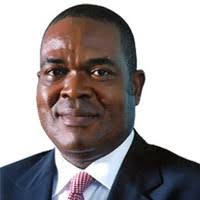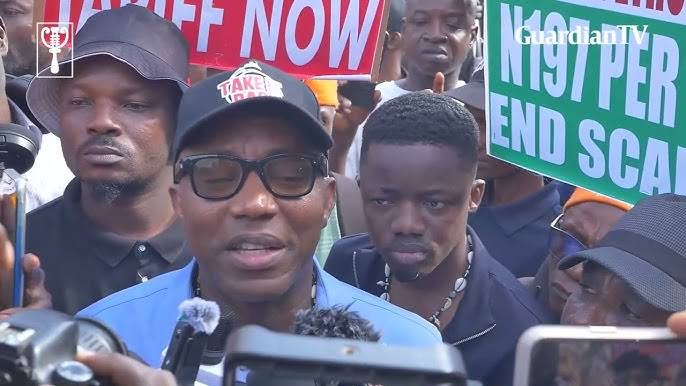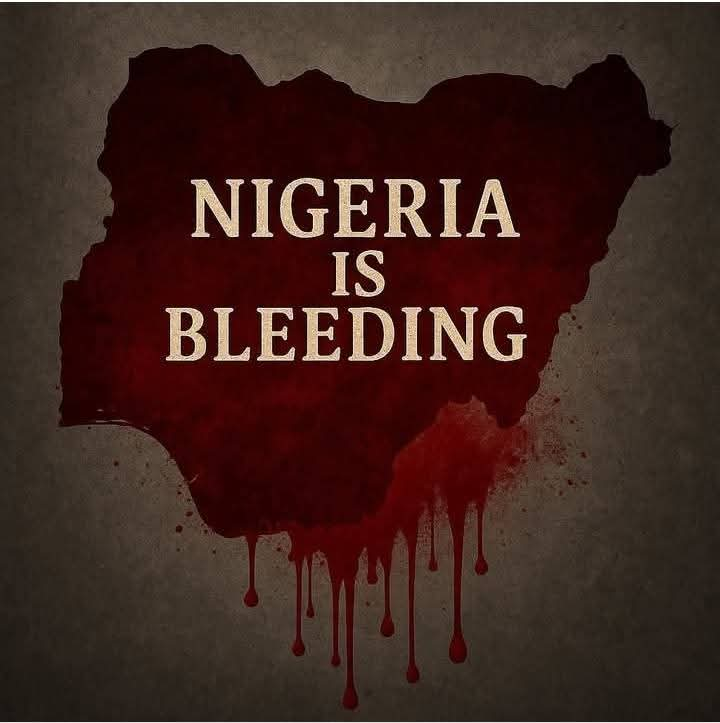By Marcel Okeke
Nigeria has really turned a full circle in so short a time: from the government paying heavy subsidy on fuel (premium motor spirit, PMS) consumption to Nigerians about being surcharged, and having to pay the government for buying the same PMS. While the Federal Government under the erstwhile President Muhammadu Buhari was paying fuel subsidy (up until May 2023), the price per liter of PMS was below two hundred Naira.
However, on May 29, 2023, when President Bola Ahmed Tinubu, at his inauguration, announced (extempore?) the removal of subsidy on PMS, its price jumped to about eight hundred Naira per liter. The price has subsequently crossed a thousand Naira per liter, and has kept hovering around that figure for a long while.
This sudden rise in the price of fuel has practically ravaged every aspect of life in the country: unleashing unprecedented hyperinflationary trend, weakening the purchasing power of the consumer, impoverishing the citizenry, and exposing many to hunger and destitution, etc. The fuel subsidy removal and its kindred policy of Naira floatation have also crashed the value of the local currency vis-à-vis the US dollar and other hard currencies in the foreign exchange (FX) market.
The upshot of all this has been a lingering macroeconomic volatility, marked by deteriorating economic indices: including mounting public debt, rising unemployment level, incessant wage negotiations, imposition of an assortment of taxes and levies on the citizenry, food insecurity, among others. The Government, on its part, has tried several initiatives to stem the ugly and painful tide, including applying a potpourri of palliatives—all to little or no avail.
Amidst this socio-economic malaise, news dropped into public space a few days ago about an imminent imposition of a five per cent surcharge (tax) on petroleum products by the Bola Ahmed Tinubu administration. The news spontaneously triggered anxiety, panic and anger across the country; it has indeed heat up the polity—with several stakeholder-groups denouncing the tax and issuing threats of protests against it.
The five per cent surcharge on refined petroleum products is, however, contained in the Nigeria Tax Administration Act, one of the four tax reform bills signed into law by President Tinubu on June 26, 2025, with implementation slated to commence in January 2026. The Organized Private Sector (OPS) in Nigeria has expressed its outright rejection of the tax, while the Trade Union Congress (TUC) urged the Government to “withdraw the five per cent fuel tax” or “face nationwide strike.” The Centre for Human Advancement and Resource Support (CHARS-Africa) on its part, condemned the tax, and labelled it “repressive and anti-people.”
To the TUC, “The proposed tax is economic wickedness that would compound the struggles of ordinary Nigerians.” The workers’ body in a statement said “the government cannot continue to use Nigerians as sacrificial lambs for its economic experiments. Instead of offering reliefs, jobs and solutions, it has chosen to further squeeze citizens dry. This is unacceptable.”
The TUC warned that it had begun mobilizing its affiliates, state councils, and allied groups, including civil society organizations, student unions, market leaders and faith-based groups, for “total nationwide resistance”, if the government pressed ahead with the fuel surcharge. “Enough is enough,” the union said, adding that “Nigerians deserve economic justice, not endless punishment.”
Speaking for the Lagos Chamber of Commerce and Industry (LCCI), its President, Gabriel Idahosa, noted that the five per cent tax, which is to be exacted at the point of sale of petrol and diesel, will be passed on to consumers who may reduce their consumption. He predicted additional hardship from the policy, “as more people begin to rely on public transportation system, especially workers.” Similarly, the President of the Association of Small Business Owners of Nigeria, Dr. Femi Egbesola, decried the five per cent petrol tax, citing “over-taxation and inadequate social safety nets.” He said “we are paying a lot of taxes, both directly and indirectly,” stressing that “poverty is increasing by the day, and the country does not have enough social safety nets.”
Egbesola argued that the Federal Government should introduce more tax relief rather than imposing new taxes. He lamented that “businesses are shutting down by the day,” and urged the Government to be more concerned about the welfare of the people rather than adding to their burden. In the face of the widespread public angst and opprobrium triggered by the fuel tax news, the Minister of Finance and Coordinating Minister of the Economy, Wale Edun, offered some rather tepid explanations, giving assurances of the indeterminate date of the enforcement of the surcharge (tax) law. Edun admitted that fuel tax was part of the new Nigeria Tax Act 2025, but stressed that its enforcement would require a formal government proclamation and a ministerial order to be published in the National Gazette. The minister however maintained that the fuel surcharge was not a new tax, but a provision from a 2007 law that was included in the new Act for what he called “harmonization and transparency.”
Chairman of the Presidential Committee on Fiscal Policy and Tax Reforms, Taiwo Oyedele, in a similar vein, said “only the finance minister can decide when the fuel tax begins; and January 2026 is not on the calendar.” Oyedele said “what we have is that there is a law that was enacted some years back with a surcharge on fuel under the Federal Roads Maintenance Agency Act (FERMA). This is a provision that is now in the new tax law, and it does not take effect as of January 2026.”
The fuel tax, transmogrified from part of FERMA, according to Oyedele, is to “generate revenue for providing transport infrastructure that can reduce the cost of transporting items and logistics, and over all bring down inflation for the Nigerian people.”
Despite these seemingly politic clarifications by the Finance Minister and Oyedele, the fuel tax initiative rightly draws a lot of criticism; and leaves so many questions unaddressed. Considering the sensitivity of petrol price in the economy, why should there be tax on the consumption of the commodity, given what Nigerians have been through since fuel subsidy removal?
Again, given the level of destitution and pauperization the President Tinubu reforms have brought upon Nigerians, why will the petrol tax be lifted from FERMA and kept as a sword of Damocles that will keep the citizenry in perpetual worry and anxiety. Couldn’t the needed revenue for road building and maintenance be more than generated from tolling of major roads across the country, as used to be the case?It goes without saying that any time the Finance Minister decides to drop the hammer (by enforcing the fuel surcharge), he will only be inflicting more pains on a people who are already at the end of their tethers. In the circumstance, the best option is an indefinite suspension of the fuel tax surcharge or its being completely expunged from the new tax laws.

The author, Okeke, a practicing Economist, Business Strategist, Sustainability expert and ex-Chief Economist of Zenith Bank Plc, lives in Lekki, Lagos. He can be reached via: obioraokeke2000@yahoo.com (08033075697) SMS only




